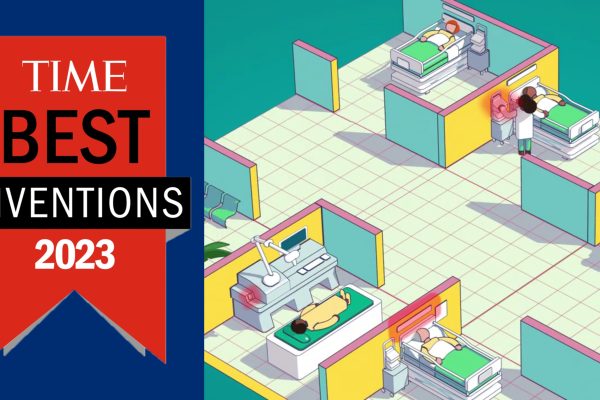In: Center News

Muyinatu Bell receives 2024 Alan T. Waterman Award
- April 25, 2024
- Center News
Recognized for her pioneering interdisciplinary research spanning photoacoustic and ultrasound imaging, Bell is the first Johns Hopkins winner in the award’s 48-year history.

Chien-Ming Huang awarded Hopkins AITC funding
- April 4, 2024
- Center NewsRobotics, Augmented Reality, and Devices
This round of grant recipients will receive funding to develop new artificial intelligence technologies to promote healthy aging.

Suchi Saria recognized as one of Modern Healthcare’s “Top Women Leaders”
- March 25, 2024
- Center News
Modern Healthcare’s Women Leaders program honors influential women from all sectors of the health care industry who are developing policy, leading change, and guiding improvements in care delivery.

Stephanie Hicks invited to NAM Emerging Leaders Forum
- March 7, 2024
- Center News
The invitation-only forum is an annual assembly of outstanding early- and mid-career professionals with exceptional professional promise, achievement and leadership in biomedical science, health, health care, and related fields.

Optica elects Muyinatu A. Lediju Bell as 2024 Fellow for innovations in photoacoustic imaging
- December 19, 2023
- Center NewsMedical Imaging
The award acknowledges her pioneering contributions to photoacoustic imaging techniques and their applications for surgical guidance.

Malone faculty behind one of TIME’s Best Inventions of ’23
- October 30, 2023
- Center NewsMachine Learning and Artificial Intelligence
TREWS predicts patients’ risk of sepsis.